Streamed your way through lockdown? This is what binge-watching can teach us about closing Britain’s skills gap
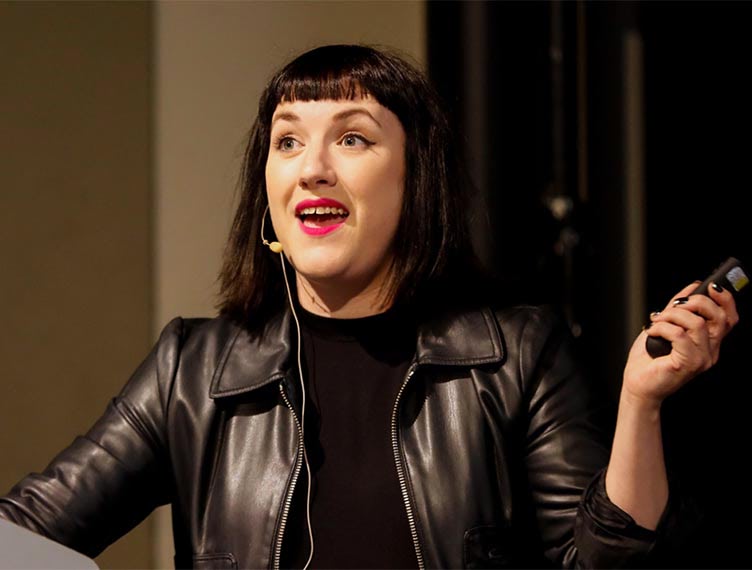
Do you remember your first campfire experience? The sun’s gone down, you’re settled together with food and drink, you’re comfortable. And a campfire just wouldn’t be a campfire without a bit of storytelling. For a long time, this was our classroom. With the undivided attention of the audience, we’d share our hopes, dreams, fears and warnings through stories.
The modern world is filled with distractions and demands. It’s harder than ever to immerse people in learning as we did around the campfire. We have unlimited information at our fingertips, but less confidence in the words we hear and read. Our attention spans are dropping.
But there is one activity reminiscent of campfire storytelling: binge-watching. We’re captivated with immersive, targeted stories that keep us glued to our seats of hours on end. And it’s this that holds the key to learning in the workplace and closing Britain’s skills gap.
Some 91 per cent of Generation Z, 86 per cent of millennials, and 80 per cent of Generation X reportedly binge-watch. The coronavirus crisis has given us even more time to sink into our favourite shows. In the UK we spent almost 45 hours a week streaming and watching TV during peak lockdown.
This can be attributed in part to furloughs and job losses. There have been some 500,000 planned redundancies, and a rise in unemployment resulting in 1.5 million people out of jobs between June and August. Upskilling and reskilling the workforce has never been more important. And we must learn from our streaming habits to fill the skills gulf.
How much can you remember from the last compliance training you did? Now, what happened in the second to last episode of your favourite show? Recall it a bit easier? That’s the power of storytelling. If you apply the binge-able elements of storytelling to learning, you can immediately see the opportunity.
Learning experiences that feel like entertainment make a lot of sense. Take shows like Sex Education, and Chernobyl – they’re binge-able because of their storylines, characters and because the audience learns something. Sex Education pushed the boundaries of learning about sex and relationships. Chernobyl’s attention to detail was extraordinary – down to every prop seen in the homes, and every button, label, and lapel on the uniforms. And there’s the crux – these shows and the stories they tell are memorable. If you want to be memorable, you have to be meaningful. If you want to be meaningful, you have to be relatable.
Think of a time you remember learning an important lesson. Maybe you learned through failing at something you poured your heart and soul into. You’ll probably be able to relay every detail. Now try to recall something you learned through excessive googling. Or think back to the last workplace training presentation you sat through. The takeaways are likely far less detailed.
Learning is more important now than it has ever been. The UK has huge skills gulfs that will only deepen as a result of Covid job losses. The workforce needs to learn essential skills and the most effective way to do this is through storytelling.
We’ve lost our way in the centuries since the campfire was our classroom. But we can return to it now with a modern twist. By creating learning courses that offer that same binge-worthy experience we feel when streaming our favourite shows, we can reinvent learning for the workforce of the future.






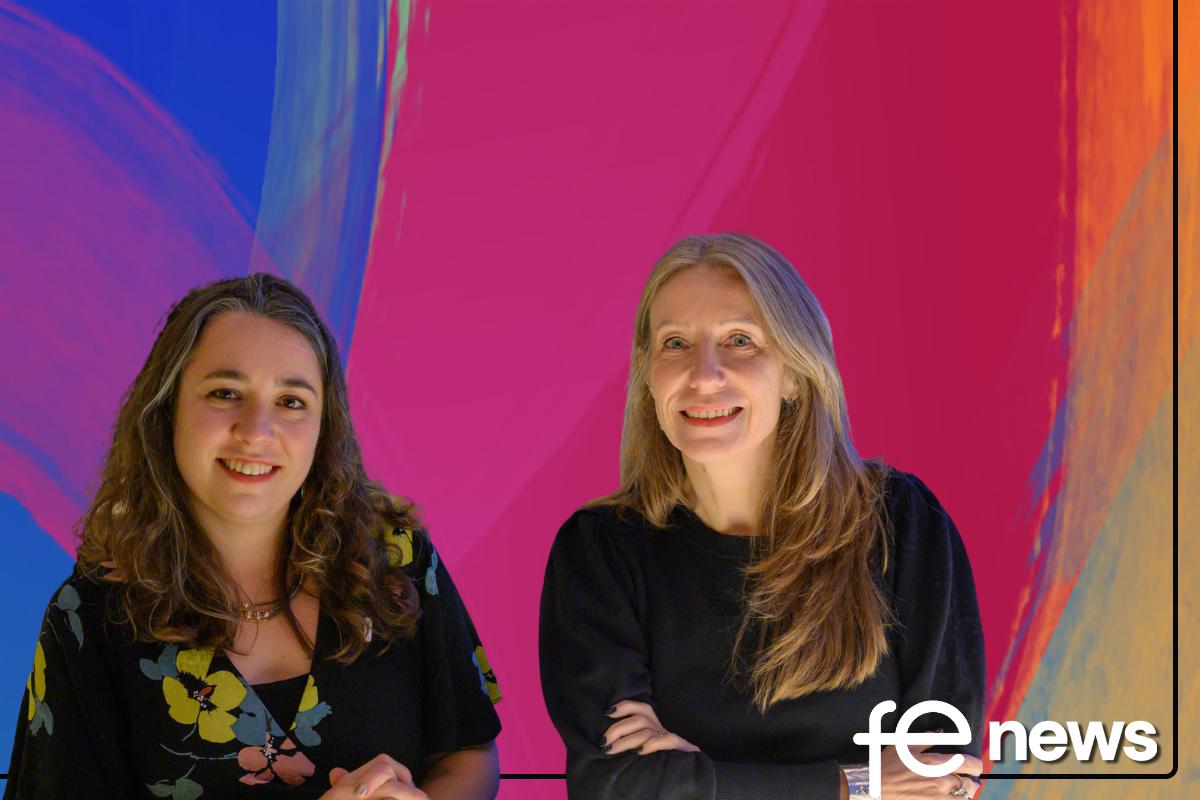
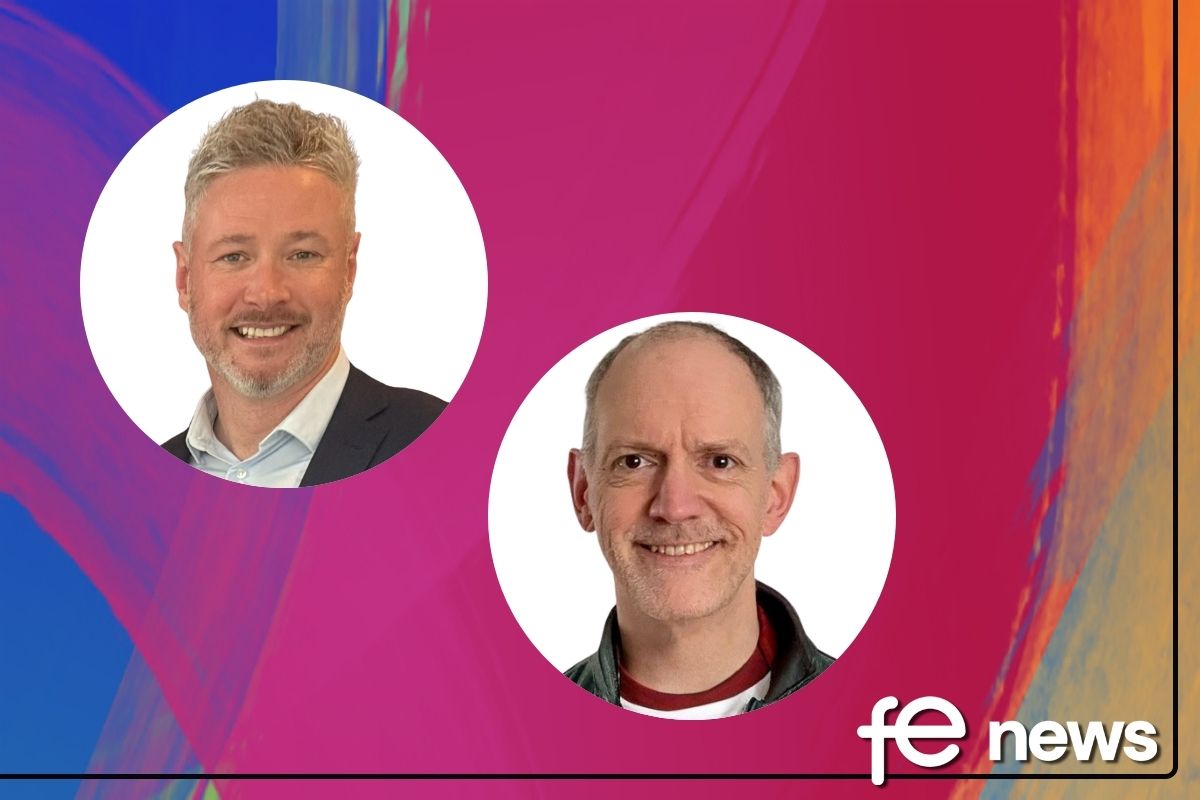
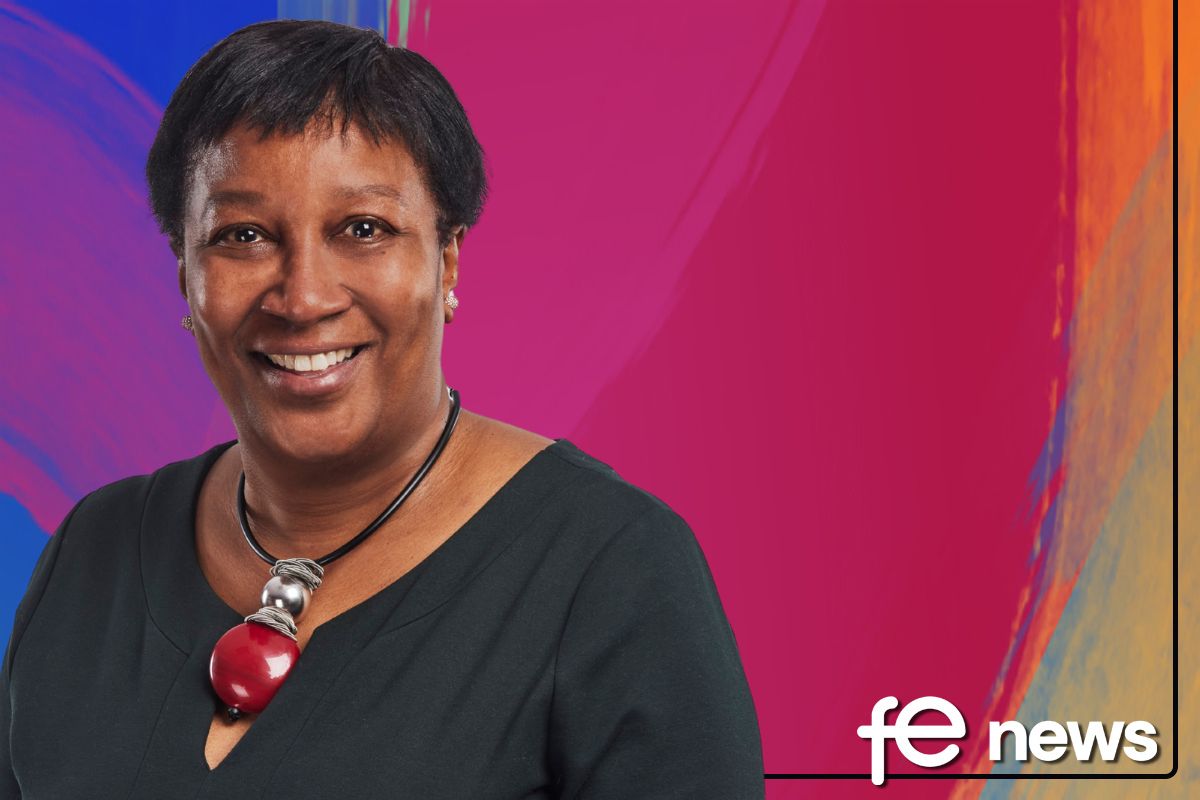
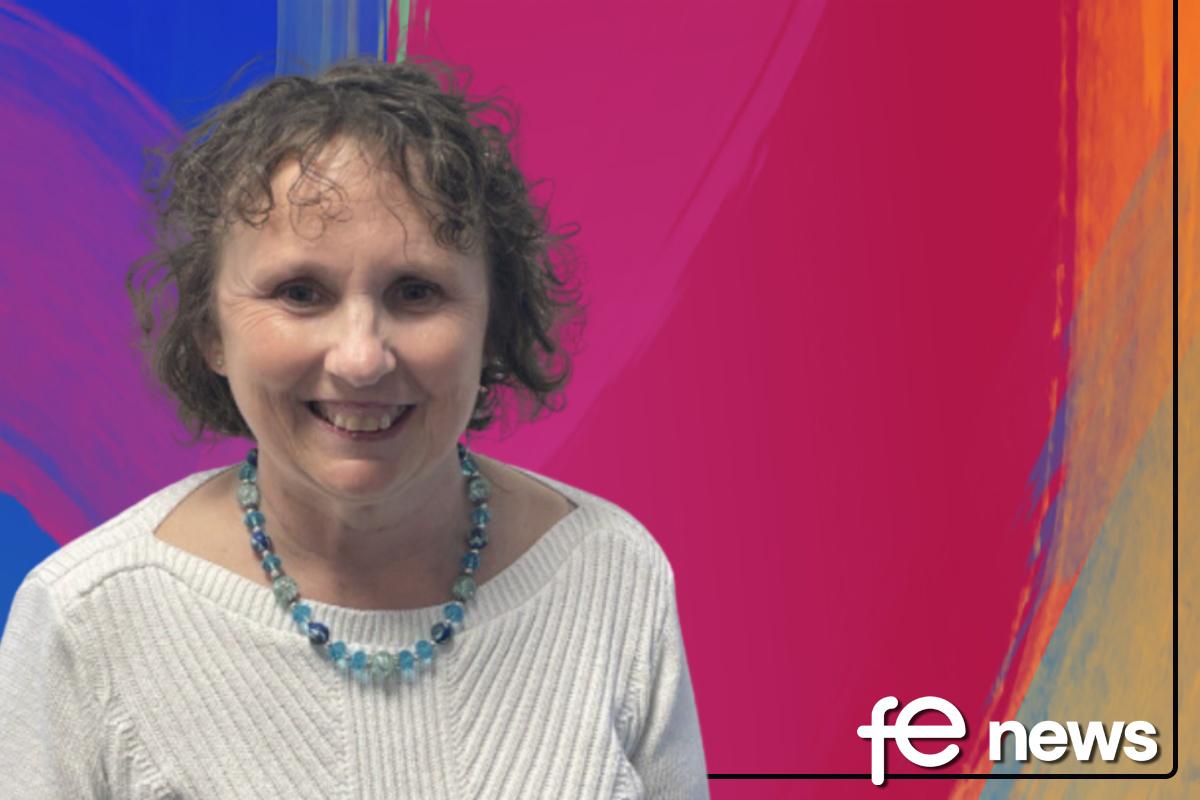
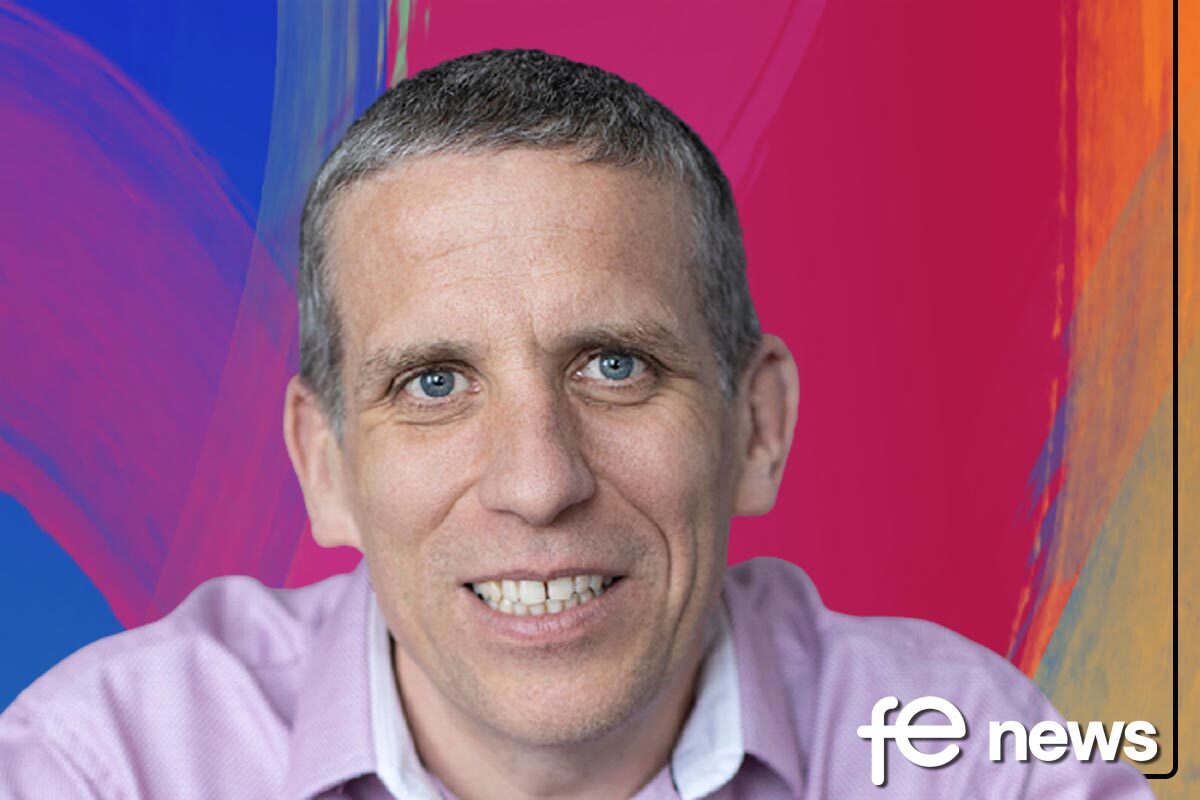
Responses